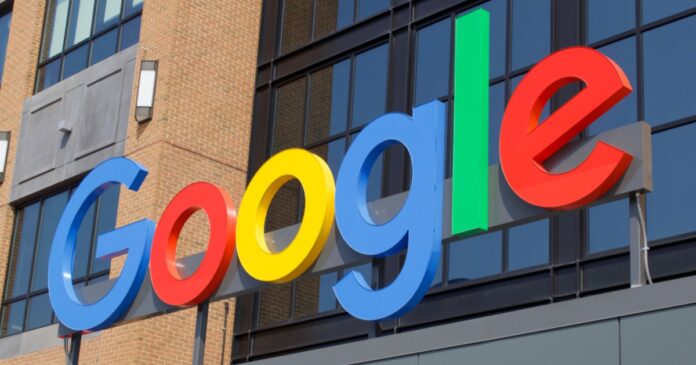On October 13, 2023, Google Cloud’s VP Legal, Neal Suggs, and VP of TI Security & CISO, Phil Venables, unveiled an industry-first two-pronged intellectual property (IP) indemnity initiative aimed at safeguarding users of its generative AI services from potential legal ramifications concerning copyright infringements. This decisive step manifests Google’s committed approach toward ensuring its customer’s legal security amidst the evolving generative AI landscape, aligning itself with the likes of Microsoft and Adobe who have previously announced similar protective measures.
The indemnity scheme is bifurcated into two distinct segments – Training Data Indemnity and Generated Output Indemnity, each addressing different aspects of IP concerns that may arise from utilizing generative AI technologies provided by Google Cloud.
Under this provision, Google reassures its users against any third-party IP claims arising from the training data employed to develop generative models utilized by Google’s AI services. This isn’t a novel protection but a reinforcement of Google’s ongoing commitment towards indemnifying users against IP infringement allegations related to the training data.
Extending the protective umbrella, this segment covers the output generated by customers while using Google’s AI services. In essence, if the generated content, produced in response to customer inputs, triggers any third-party IP claims, Google vows to assume the legal responsibility, provided the users haven’t intentionally infringed upon others’ rights.
This initiative emanates from a proactive stance to mitigate the risks associated with the burgeoning field of generative AI. The products encompassed under this indemnity include Duet AI in Workspace and Google Cloud, Vertex AI Search, Vertex AI Conversation, Vertex AI Text Embedding API, Visual Captioning on Vertex AI, and Codey APIs. However, the Bard search tool was notably absent from this list.
The indemnity structure is not just a protective shield but also an invitation for open discourse with customers to understand and address other potential use-case-specific coverage necessities.
Similar to Google, Microsoft has also pledged to assume legal onus for their respective enterprise users.
Image source: Shutterstock
Credit: Source link






















 Bitcoin
Bitcoin  Ethereum
Ethereum  XRP
XRP  Tether
Tether  Solana
Solana  USDC
USDC  Dogecoin
Dogecoin  Cardano
Cardano  Lido Staked Ether
Lido Staked Ether  TRON
TRON  Wrapped Bitcoin
Wrapped Bitcoin  Chainlink
Chainlink  Wrapped stETH
Wrapped stETH  Avalanche
Avalanche  Sui
Sui  Stellar
Stellar  Litecoin
Litecoin  Toncoin
Toncoin  Shiba Inu
Shiba Inu  Hedera
Hedera  LEO Token
LEO Token  USDS
USDS  Hyperliquid
Hyperliquid  Polkadot
Polkadot  WETH
WETH  MANTRA
MANTRA  Bitcoin Cash
Bitcoin Cash  Ethena USDe
Ethena USDe  Bitget Token
Bitget Token  Wrapped eETH
Wrapped eETH  Uniswap
Uniswap  Monero
Monero  NEAR Protocol
NEAR Protocol  Pepe
Pepe  WhiteBIT Coin
WhiteBIT Coin  Bittensor
Bittensor  Ondo
Ondo  Aave
Aave  Aptos
Aptos  Internet Computer
Internet Computer  Dai
Dai  Official Trump
Official Trump  Mantle
Mantle  Ethereum Classic
Ethereum Classic  OKB
OKB  Tokenize Xchange
Tokenize Xchange  Gate
Gate  sUSDS
sUSDS  Sonic (prev. FTM)
Sonic (prev. FTM) 